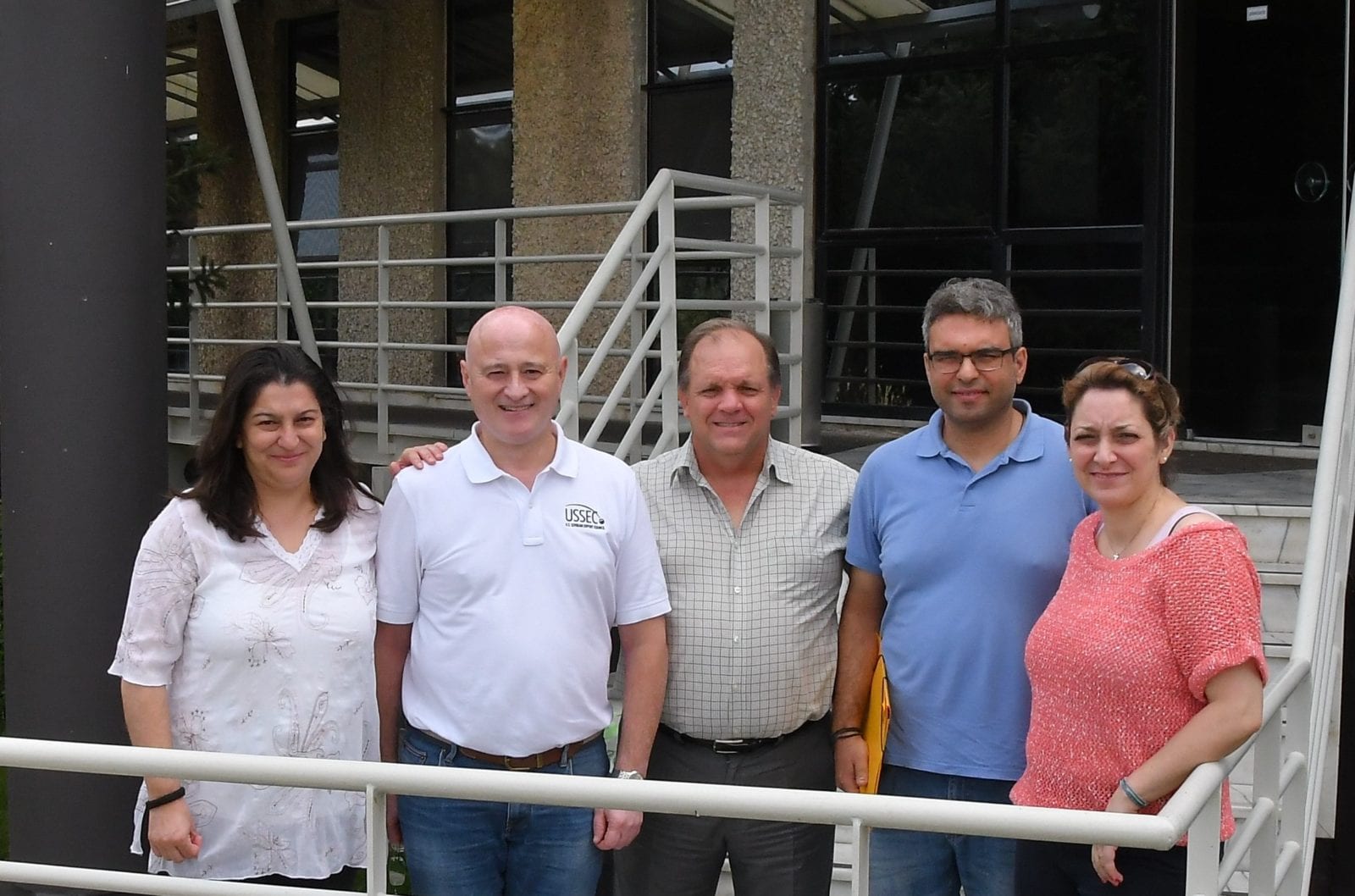Romanian and Greek Customers Find USSEC’s Technical Assistance Invaluable
- Category:
- Animal Utilization
- General News

USSEC recently offered technical assistance to Romanian and Greek customers of U.S. Soy.
In an effort to demonstrate commitment of the U.S. soy industry to end users from those countries, USSEC consultants Dr. Gary Butcher and Dr. Iani Chihaia visited with key Romanian and Greek poultry in mid July to offer technical assistance for poultry veterinarians, nutritionists, and feed mill managers. The activity was an excellent opportunity to promote the superior quality attributes of U.S. Soy.
In addition to interacting with U.S. soy customers, the consultants had the opportunity to observe production practices, review performance data, and communicate with technical personnel from key poultry integrations. This USSEC activity was successful in transferring technology to Romania and Greece’s developing poultry industries. These countries have the potential to become significant and reliable consumers of U.S. Soy over the next few years.

“In these countries, it is clear that there will continue to be considerable expansion of these poultry industries into the coming years,” stated Dr. Butcher. “This is especially true in Romania, where the integration system is developed or being developed with plans for expansion with significant consolidation, resulting in ‘fewer but bigger’ integrations. Poultry production practices are modern and have been influenced by entry into the EU.”

“As the growth of the poultry industries in these countries is inevitable, the potential for sales of U.S. Soy and soybean products is considerable,” he continued. “Technical training for the veterinarians, nutritionists, and production managers would be beneficial. Additional training programs modeled after the recent USSEC training programs conducted at the University for Florida would be of great benefit for the poultry industries in Romania and Greece. Further assistance could be provided through technical visits to work on specific problems. Training of the technical personnel would result in substantial gains in poultry production and will enable the expansion of the sector to occur more rapidly and efficiently, and indeed the imports for U.S. Soy.”



This could be achieved through a combination of efforts: intensive training programs, site visits, and on-going communications regarding problem solving. Technical assistance is invaluable in improving the performance and efficiency in these emerging markets. It is commendable on the part of USSEC to provide this needed assistance to these key U.S. soy customers from the subregion. Access to continuing education would facilitate the expansion process in these countries and USSEC will benefit from these efforts only when the leading poultry integrations are successful and become more stable and expand production.
